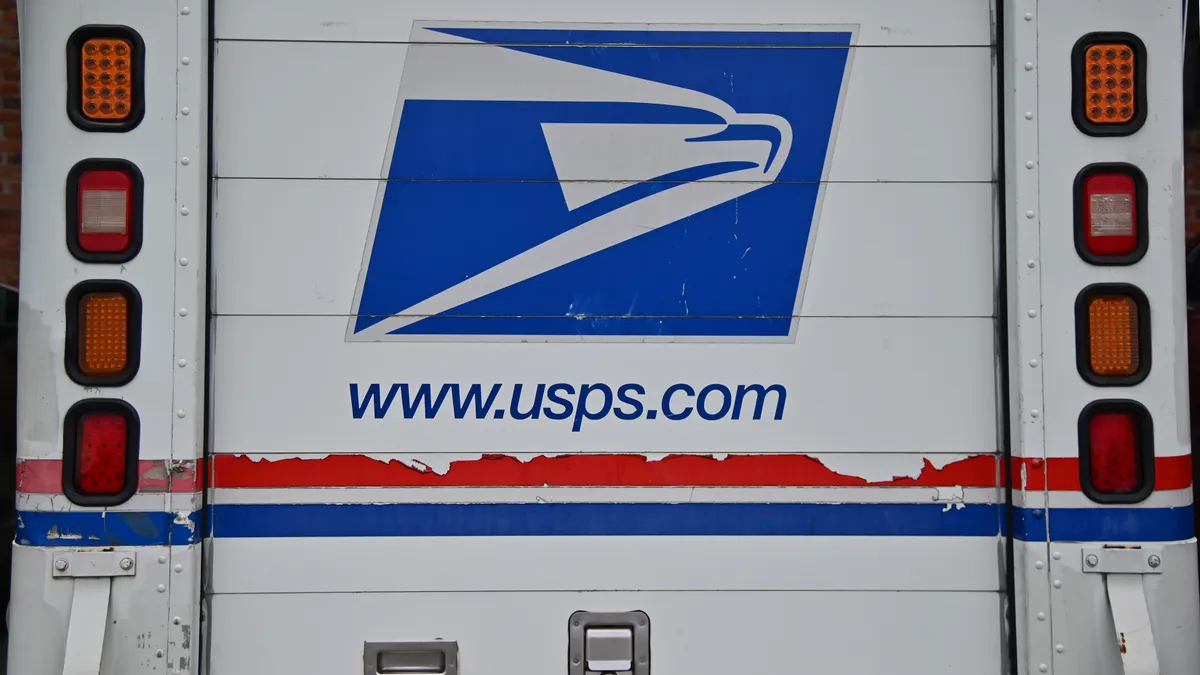Experts have long cautioned employers that participation in the U.S. Department of Homeland Security’s E-Verify program is not guaranteed to prevent federal authorities from scrutinizing their immigration compliance protocols.
Last week, that warning came to life at a meat production facility in Omaha, Nebraska. Immigration and Customs Enforcement officials raided Glenn Valley Foods, the Associated Press reported, seeking to screen 97 people of interest. AP said ICE detained about 70 of them.
Glenn Valley Foods “complied with E-Verify 100%,” Rep. Don Bacon, R-Neb., whose district encompasses Omaha, said in a June 10 statement. But AP’s report quoted Green Valley Foods President Chad Hartmann as stating that he had informed ICE agents of his participation in the program, only to be told by the agent that E-Verify “is broken.”
Hartmann and ICE did not respond to requests for comment about the raid.
Management-side attorneys had measured reactions to the agent’s comments as reported by AP. Chris Thomas, partner at Holland & Hart, said in an email that while E-Verify continues to have utility for employers, “the ICE agents are right.” The program’s weaknesses in terms of identification verification mean that it may still present opportunities for fraud, he added. “It should be no surprise, then, that ICE agents are skeptical about the utility of the program.”
Similarly, Bruce Buchanan, senior counsel at Littler Mendelson, said he did not know what the agent’s comment would mean for E-Verify more broadly but that employers should be aware of the program’s flaws regardless.
“I don’t know how much stock I would put on one agent’s comment as they’re engaging in a raid,” Buchanan said, but he added that “E-Verify’s not perfect.”
ID theft a weakness for E-Verify
Stolen identities remain an issue for E-Verify, even as the program’s fraud detection capabilities have improved, Buchanan said. Authorities’ detection methods include tracking Social Security numbers used by workers to check for red flags such as the use of a number by more than one individual, he said.
E-Verify’s own statistics show the process routinely finds that a small percentage of workers are not authorized to work in the U.S. In its 2024 fiscal year, 1.5% of submitted employees fell under this category.
“Is it surprising that they raided a company that has E-Verify? A little,” Buchanan said. “If they’re using E-Verify, they should have a roughly secure idea of who their workforce is. But if it’s an issue of stolen IDs, it’s an issue of what E-Verify is not great at.”
Employers may view E-Verify participation as a sign they are compliant with the law, but that belief may be inaccurate, said Thomas. With or without participation in the program, he noted that employers can face significant civil fines for failure to properly complete Form I-9s. E-Verify participants who use the program inconsistently, such as by allowing employees to continue working after receiving a final nonconfirmation from the program, may be targeted by investigators.
“We have seen far too many employers fall into the trap of incorrectly completing Forms I-9, confident the government would show mercy because they have enrolled in E-Verify,” Thomas said. “Even with E-Verify, however, employers need to ensure that they are properly completing Forms I-9.”
“Is it surprising that they raided a company that has E-Verify? A little.”

Bruce Buchanan
Senior Counsel, Littler Mendelson
One saving grace for most employers is that they may not know when a fraudulent worker presents them with a stolen ID, said Buchanan. Unless the government can prove that an employer had actual or constructive knowledge that a worker was undocumented while working with the employer, the employer is unlikely to be criminally charged, he added.
On the flip side, if a worker’s supporting documentation reasonably appears genuine, employers should accept it, Buchanan continued, “because you could have problems when the employer rejects documents that are real.”
David Adams, counsel at Cozen O’Connor, said he did not see anything in the AP’s coverage of the Omaha raid that indicated the employer was in violation of the law. However, he said, there’s “no way” authorities would be conducting such an operation “if they’re not pretty convinced that there’s several violations of fraudulent documentation.”
In his statement, Bacon said that the civil warrant served by ICE to Glenn Valley Foods in Omaha “was in relation to stolen identities.”
Trump administration sends mixed signals on future enforcement
ICE has increased worksite investigations in recent weeks, with one late May raid resulting in the arrest of more than 100 undocumented workers at a Tallahassee, Florida, construction site, Construction Dive reported. Such enforcement efforts have caused staffing concerns for employers nationwide, particularly so for smaller organizations.
Less than a week after the Omaha raid, however, AP reported that President Donald Trump’s administration had directed immigration officers to pause arrests at worksites including farms, restaurants and hotels. Trump wrote separately on Truth Social on June 12 acknowledging claims from farmers and some business owners that the administration’s policies were “taking very good, long time workers away from them, with those jobs being almost impossible to replace.”
Axios reported Tuesday, however, that the raids against farms, restaurants and hotels would resume in yet another policy reversal. ICE did not respond to an HR Dive request for comment on the status of certain worksite raids following Trump’s June 12 statement.
In preparation for raids, Thomas suggested employers that participate in E-Verify conduct annual internal audits, receive training on fraudulent documentation detection as well as E-Verify and Form I-9 completion, and develop and implement appropriate compliance policies. E-Verify “should be viewed as only a piece of a broader compliance effort,” he added.
Adams said he continues to advise clients who believe that they have a strong, accurate and consistent work authorization compliance program to participate in E-Verify — if they are not already required to do so by state law.
“As a general rule when it comes to I-9s historically, the government has been very forgiving if they see you have a solid program in place,” Adams continued. Like Thomas, he advised employers to conduct randomized audits that check for issues such as missing contact information or documentation.





















